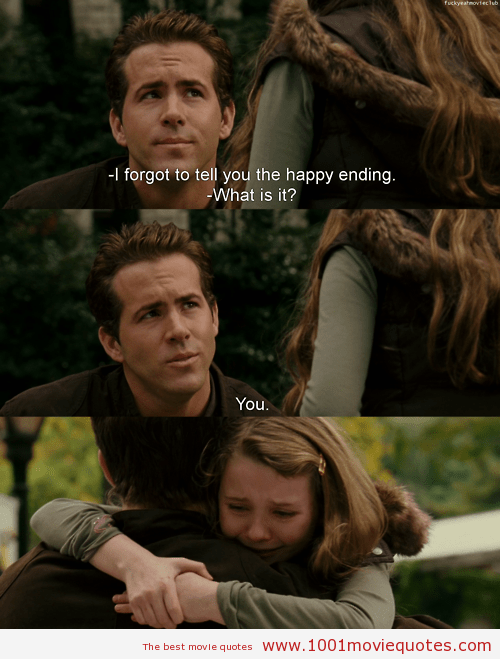“If you’ve gotten anything at all out of following Christ, if his love has made any difference in your life, if being in a community of the Spirit means anything to you, if you have a heart, if you care— then do me a favor: Agree with each other, love each other, be deep-spirited friends. Don’t push your way to the front; don’t sweet-talk your way to the top. Put yourself aside, and help others get ahead. Don’t be obsessed with getting your own advantage. Forget yourselves long enough to lend a helping hand” (Philippians 2:3-4, MSG).
A lot of this is antithetical to what you will read in those self-help books or hear in those leadership seminars.
But it’s the Way of Jesus and the Way of the Cross, and that has always been the Narrow Road that few have chosen.
Put simply, love means sacrifice. Love means giving up your rights to help someone else and make their life better. Again, that is polar opposite to the “love as warm fuzzies” sentiment that you hear in most top-40 radio.
I don’t claim to be an expert on love in any of its forms, but I do claim to be loved by the Ultimate Expert. In fact, the God who loves me unconditionally invented all four of the kinds of love (eros, phileo, storge, and agape). The Apostle John goes so far as to say that God is love, whoever doesn’t love doesn’t know God. That’s hardcore.
That means if I say I love God, then I must love the unloveable. I must love those everyone else walks away from and rejects. I must even love myself when I’m at my worst, because God did (and still does).
I’ve heard once that when you don’t feel love for someone, act in a loving way as if you felt love. Keep putting their needs above your own, keep helping them realize all of their God-given potential, keep building them up, and then the feelings will come later.
I’m a student who still has a long way to go in the school of love, but I have the best possible Teacher.




